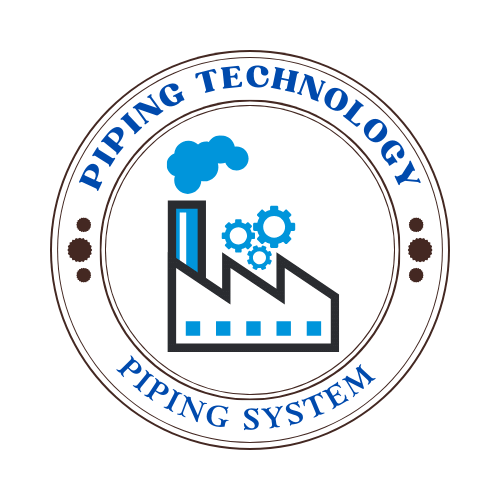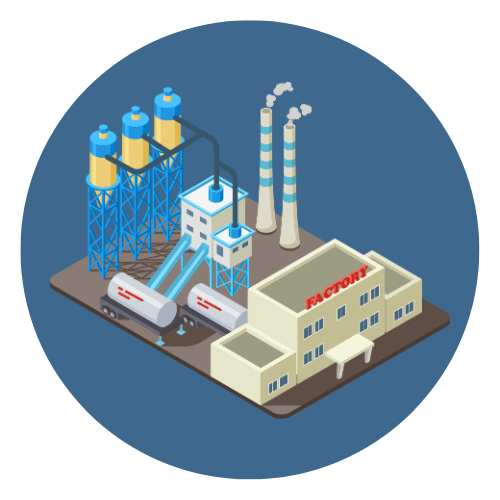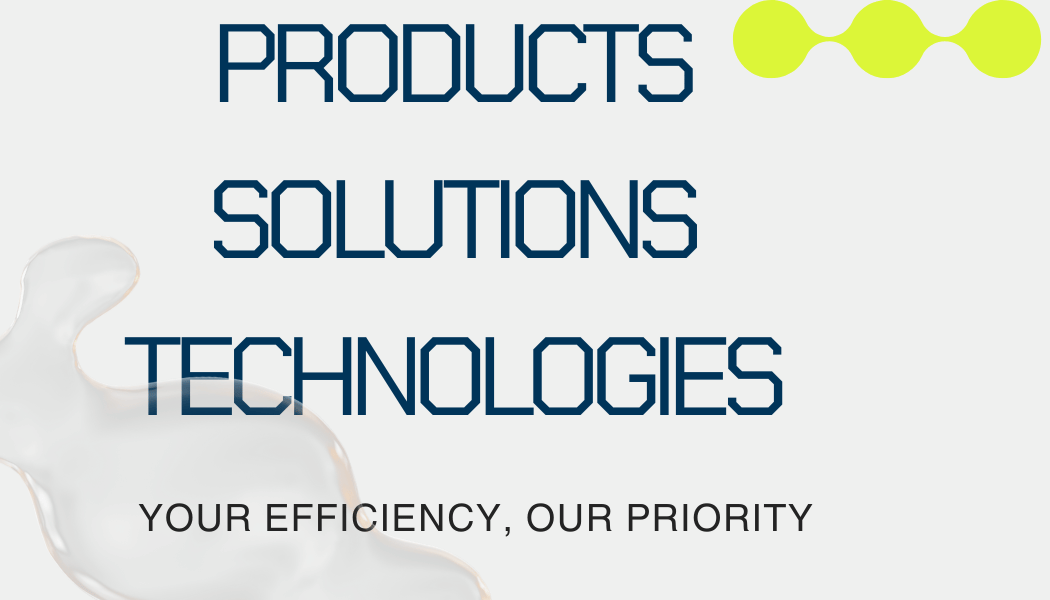Ebook

The American Society of Mechanical Engineers (ASME) has established a wide range of standards that ensure safety, reliability, and efficiency in mechanical and industrial systems. Among these is ASME B16.34, a critical standard that governs the design, material selection, manufacturing, and testing of industrial valves. Valves are essential components in industrial systems, used to regulate […]

ASME B16.9 is a critical standard developed by the American Society of Mechanical Engineers (ASME) that governs factory-made wrought steel buttwelding fittings. These fittings are essential components in piping systems, designed to change direction, branch off, or alter the pipe’s diameter in a controlled and standardized manner. This standard ensures that fittings meet rigorous specifications […]

In industries where precision and safety are paramount, standardization is key to ensuring quality, reliability, and compatibility across various components. The American Society of Mechanical Engineers (ASME) plays a critical role in setting these standards, which guide the design, production, and application of numerous mechanical parts and assemblies. Among these standards, ASME B18.2.1 is specifically […]

The ASME B16.11 standard is a critical guideline within the American Society of Mechanical Engineers (ASME) B16 series, which defines the specifications for pipe fittings used across industries. Specifically, ASME B16.11 focuses on forged fittings, a category essential for small-diameter piping systems where strength, durability, and leak-proof connections are paramount. These fittings include elbows, tees, […]

The American Society of Mechanical Engineers (ASME) sets the global benchmark for standards in engineering, ensuring quality, safety, and efficiency across various industries. Among these standards, ASME B16.5 plays a critical role in defining the specifications for pipe flanges and flanged fittings used in pressure piping systems. This standard addresses essential aspects such as dimensions, […]

The ASME A519 standard, established by the American Society of Mechanical Engineers, is a specification for seamless carbon and alloy steel mechanical tubing. This standard provides guidelines on the chemical and mechanical properties of tubing that is primarily used for applications requiring precise dimensions and reliable performance. ASME A519 tubing is widely used in industries […]

In the oil and gas industry, standards play a crucial role in ensuring equipment safety, reliability, and efficiency. Among these, the API 6A standard, developed by the American Petroleum Institute, stands as a foundational guideline specifically focused on wellhead and Christmas tree equipment. Wellheads and Christmas trees are critical components in oil and gas extraction, […]

The American Petroleum Institute (API) 620 standard is a critical guideline that outlines the design, construction, and inspection requirements for large, welded, low-pressure storage tanks. These tanks are commonly used in industries such as petrochemical, oil and gas, and chemical processing, where safe storage of materials like liquid natural gas (LNG) and other refrigerated products […]

The API 1104 Standard, developed by the American Petroleum Institute, is a widely recognized document that sets forth the guidelines for welding pipelines and related facilities. This standard plays a crucial role in ensuring the integrity, safety, and quality of welded structures within the oil and gas industry. It covers various aspects of welding, from […]

SAE J429 is a critical standard established by the Society of Automotive Engineers (SAE) to define the mechanical and material properties of bolts, screws, studs, and similar fasteners. Used primarily in the automotive, construction, and heavy equipment industries, this standard ensures that fasteners meet specific strength, durability, and quality requirements to perform reliably under demanding […]


 Automation System
Automation System  Energy Engineeing
Energy Engineeing  Instrumentation System
Instrumentation System  Mechanical Engineering
Mechanical Engineering  Piping Technologies
Piping Technologies  Transportations
Transportations  Manufacturing
Manufacturing  Training Material
Training Material 